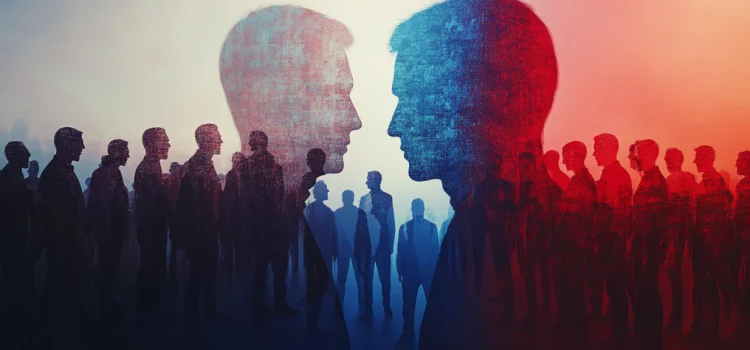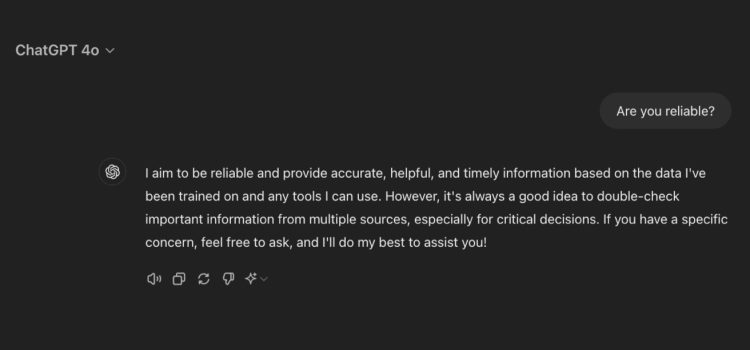How do political leaders come to power? How do they maintain it? What makes someone a dictator rather than a democrat? People often discuss political leaders in terms of their ideologies, their dedication to their people, or their backgrounds. To understand the choices leaders make, though, you need to consider only one thing: their desire for power. Continue reading for an overview of the eye-opening book The Dictator’s Handbook by Bruce Bueno de Mesquita and Alastair Smith.
The Dictator’s Handbook: Book Overview & Key Takeaways










